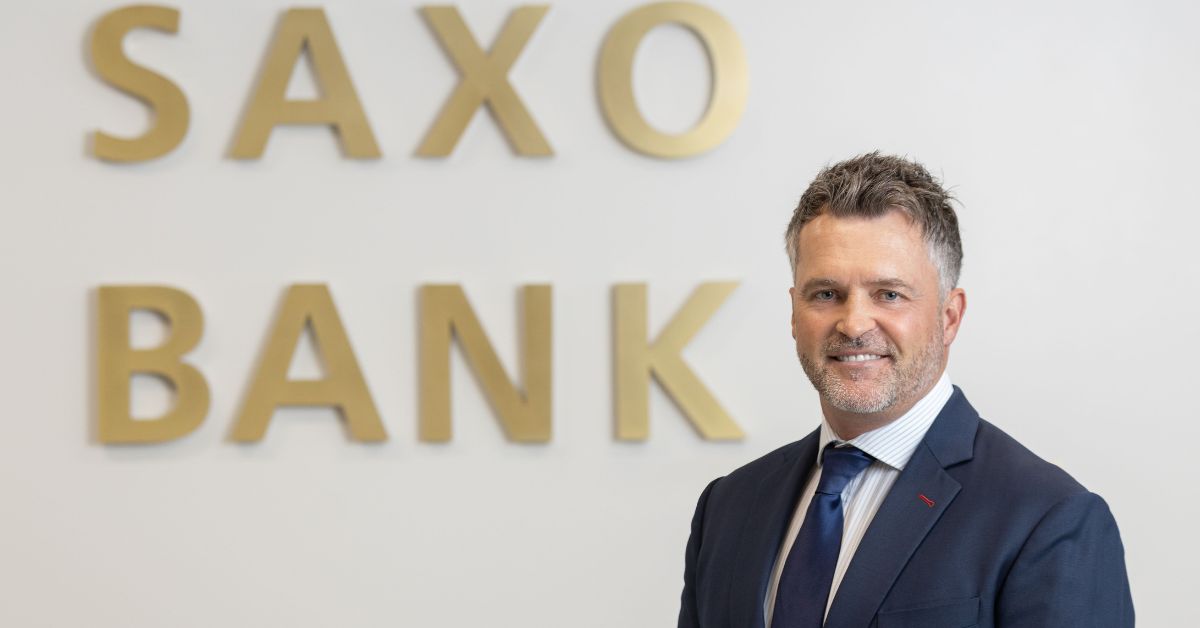ABU DHABI — The UAE economy is poised for continued growth in 2024, with expectations to surpass 5.5 percent, largely driven by investments in technology and renewable energy, according to Damian Hitchen, CEO of Saxo Bank in the MENA region.
Hitchen emphasized the UAE’s strategic location, business-friendly environment, and forward-thinking policies as key factors attracting investors and companies from around the globe. He expressed optimism about the future prospects for projects and investments in the UAE and the broader Middle East.
Furthermore, Hitchen underscored the UAE’s pivotal role in global financial markets, linking its economic strategies to worldwide trends. He pointed out the benefits of the country’s strategic positioning and its top-tier infrastructure, which open up diverse opportunities for commercial endeavors.
Hitchen noted the UAE’s dedication to innovation and international partnerships as vital to enhancing its position on the global economic stage, bolstering the national economy. He observed significant strides in diversifying the economy beyond oil through investments in tourism, technology, renewable energy, and financial services, thereby reducing the dependency on oil revenues.
He highlighted the UAE’s success in diversifying its economy by fostering innovation and entrepreneurship and drawing foreign investment. Initiatives such as the Golden Visa and free zones have been instrumental in attracting talent and businesses, furthering economic diversification. The UAE’s adaptable approach to economic diversification has established it as a significant global player.
He delved into the UAE’s investment in technological innovations, including artificial intelligence and blockchain, which open doors for startups and tech institutions. Additionally, he touched on the UAE’s status as a leading financial hub, with fintech services expanding and Dubai and Abu Dhabi witnessing rapid growth in this area.
Hitchen also pointed out that the UAE, a premier global tourist destination, continues to draw record numbers of visitors. He mentioned that infrastructure and real estate projects are attracting a multitude of investors, with all sectors reaping the benefits of the country’s economic diversification efforts, strategic location, and business-friendly climate, all contributing to the UAE’s economic growth.
He expects the economies of the Gulf Arab states to continue their recovery, with the Arabian Gulf region’s economy projected to grow by 2.5 percent in 2023 and 3.2 percent in 2024. This growth is attributed to efforts at diversification, increased government spending, and infrastructure projects that are boosting economic growth in these countries.
Regarding the global economic outlook, he discussed various factors influencing the global economy, including challenges such as supply chain issues and inflationary pressures. Governments, central banks, and international organizations are tackling these challenges to support economic growth.
He noted the disparities in growth rates among countries, regions, and sectors, with some experiencing declines while others are growing. It is crucial to capitalize on growth opportunities and adapt to the varying global conditions.
The CEO explained the recent decision by the U.S. Federal Reserve to maintain interest rates, taking into account factors such as economic data, concerns about rising inflation, and employment trends. This decision reflects the Fed’s commitment to economic stability and its efforts to address inflation in the long term, aiming for an annual inflation rate of 2 percent.








